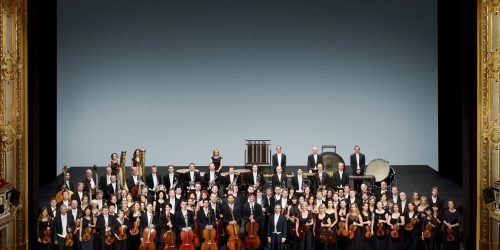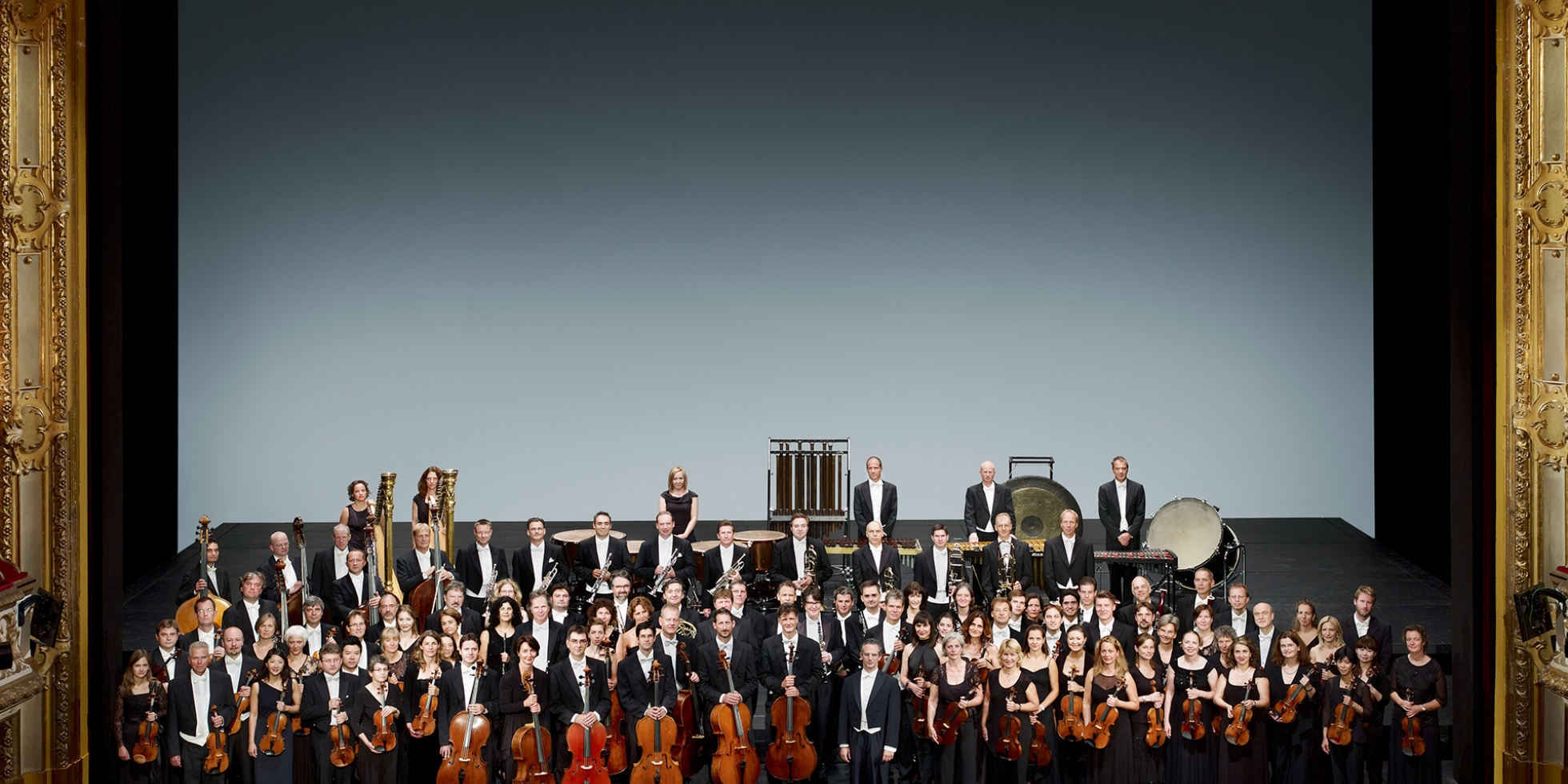 Switzerland Bruckner, Beethoven: Philharmonia Zurich / Markus Poschner (conductor). Zurich Opera House, 25.10.2020. (JR)
Switzerland Bruckner, Beethoven: Philharmonia Zurich / Markus Poschner (conductor). Zurich Opera House, 25.10.2020. (JR)

Bruckner – Symphony No.0 in D minor WAB 100
Beethoven – Symphony No.7 in A major Op.92
The orchestra of the opera house, otherwise known hereabouts as the Philharmonia Zurich, was clearly delighted – in what was the first Philharmonic morning concert this season – to be back on full view in Zurich’s opera house after months of virtual invisibility and ready to impress. We were served two major, tasty symphonies before lunch.
For the Bruckner aficionados the main interest in this concert was a rare performance of Bruckner’s Symphony No.0. Yes, zero, that’s not a typo. Bruckner composed eleven symphonies in all. He was nearly 40 when he composed his very first symphony (now numbered 00), in F minor WAB 99, just after completing some compositional studies. Bruckner never published this student effort, which was originally designated No.1, but later left unnumbered. He then called his C minor symphony No.1 and his D minor symphony No.2. At some time, years later, he decided to ‘annul’ and ‘invalidate’ his D minor symphony, known to have been composed before what are now his numbered symphonies 1-9 and so, when the work was re-validated, it was given the number 0. His very first symphony had then to be given the number 00 (rather than an only slightly less ridiculous ½ or -1).
Symphony No.0 (Die Nullte) is well worth a listen. Those who know his later symphonies will instantly recognise his burgeoning trade-mark style, though detractors will find fuel in their argument that Bruckner only wrote one symphony, but several times over. He was always easily persuaded: one of the composer’s friendly critics at the time failed to find any melody in the first movement and that alone caused Bruckner to cast this symphony aside. Luckily he did not destroy compositions of which he was unsure. Although the central section of the first movement is a rather dull affair, the outer sections have considerable charm and pulse and Poschner conducted with power. I was particularly taken with the blended tone of the five horns and with the cello section, ably led by Claudius Herrmann. The slow movement’s outer passages were played most tenderly, the disciplined string section led by concertmaster Hanna Weinmeister, who stood out. The third movement, a Scherzo: Presto has rhythmic intensity and is worthy of any of his later and greater symphonies. The final movement lacks much subtlety in the main theme, but Poschner played it with passion.
Munich-born Markus Poschner has been Principal Conductor of the Bruckner Orchestra Linz as well as Chief Conductor at the Linz Opera. He is also Principal Conductor of the Orchestra della Svizzera italiana in Lugano. On this formidable showing, I would love to hear him in other Bruckner symphonies. He made a convincing and persuasive argument for this very early symphony. Karajan, Wand and Jochum never recorded it, but the likes of Haitink, Tintner, Inbal, Solti, Maazel, Mehta and Chailly all committed it to disc, though it has to be said this was probably for sake of completeness in order to make up a boxed set of all the other Bruckner symphonies.
After the interval, a work we all knew, Beethoven’s Seventh Symphony; it requires no introduction. Whilst Poschner used a score for the Bruckner, he did not need one for the Beethoven. In the opening movement, he caressed the slow phrases lovingly and then injected plenty of vitality when the music quickened. The main theme of the slow movement was played with much nobility. The Presto was taken appropriately fast; the final Allegro con brio was heavily accented and brought the work to its joyous climax.
Allow me one tiny niggle: the players each had their own stands and therefore their own scores. When the string players had to turn the pages quickly, such as when there was a repeat, there was a loud rustling sound which, when players share a score, can usually be smothered. It is a small price to pay for a live performance during the pandemic, I suppose.
The orchestra was on top form, impressive in all sections, with the woodwind especially glorious, and there was a notable contribution from Renata Walczyna on timpani.
It all helped to dispel some of the Covid gloom.
John Rhodes
